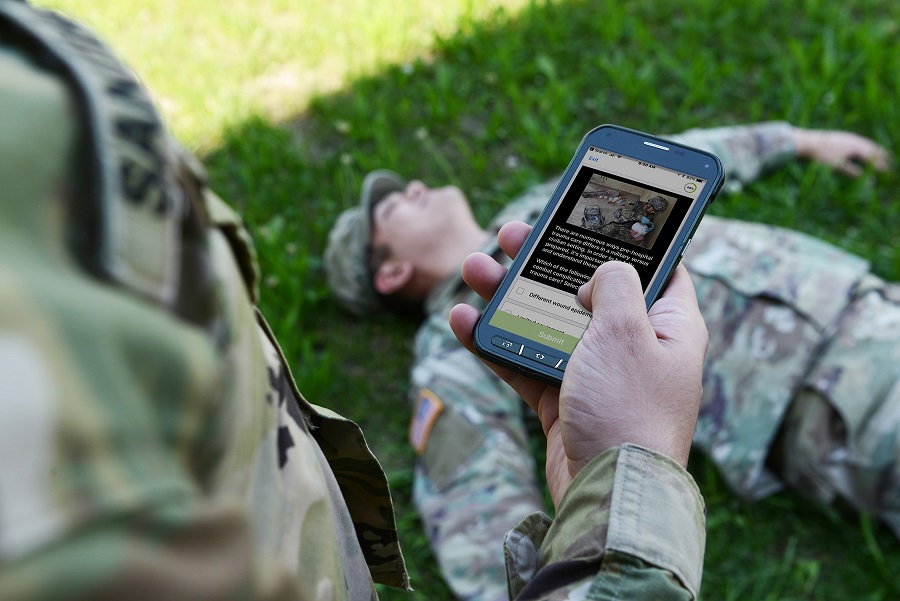This post is also available in:
 עברית (Hebrew)
עברית (Hebrew)
Organizations for public safety, including firefighters, law enforcement, among others, are responsible for protecting people in emergencies. These first responders can work effectively only with the flawless communication between themselves to access and share critical information.
According to a Mordor Intelligence forecast, the global public safety LTE (mobile devices standard) market is poised to register a CAGR of 24.74% over 2019 – 2024.
What to expect next year? Here are some of the major public safety and emergency communications trends in 2020, as suggested by Rave Mobile Safety, in securitysales.com:
An increase in collaboration across public safety agencies — Public safety agencies will be sharing more information and communicating more frequently than ever before. Technology will continue to evolve to support open, secure and quick communication between different departments and agencies, saving time during emergency response.
New network modes – Secure, high-speed wireless data communications networks for public safety, such as FirstNet and Public Safety Broadband Network (PSBN) in the US, will increase responder access to high bandwidth reliable networks, enabling innovation in safety technology.
Overcoming the challenges of indoor location — With new FCC benchmarks being put in place in 2020, we’ll likely see faster and more accurate detection of indoor location. When the precision of location are matched quickly with floor plans or campus layouts, thanks to emerging technologies, emergency call centers and first responders will be able to know exactly where a call is coming from inside a building, making for a quicker response.
Privacy vs. public safety — While everyone understand that it’s crucial for agencies to have information from registries and other databases so they are better equipped to response to emergencies, many citizens and advocacy groups don’t want to share personal information for fear it will be misused or compromised. The debate will continue to take place in 2020, in search for the right balance.


























